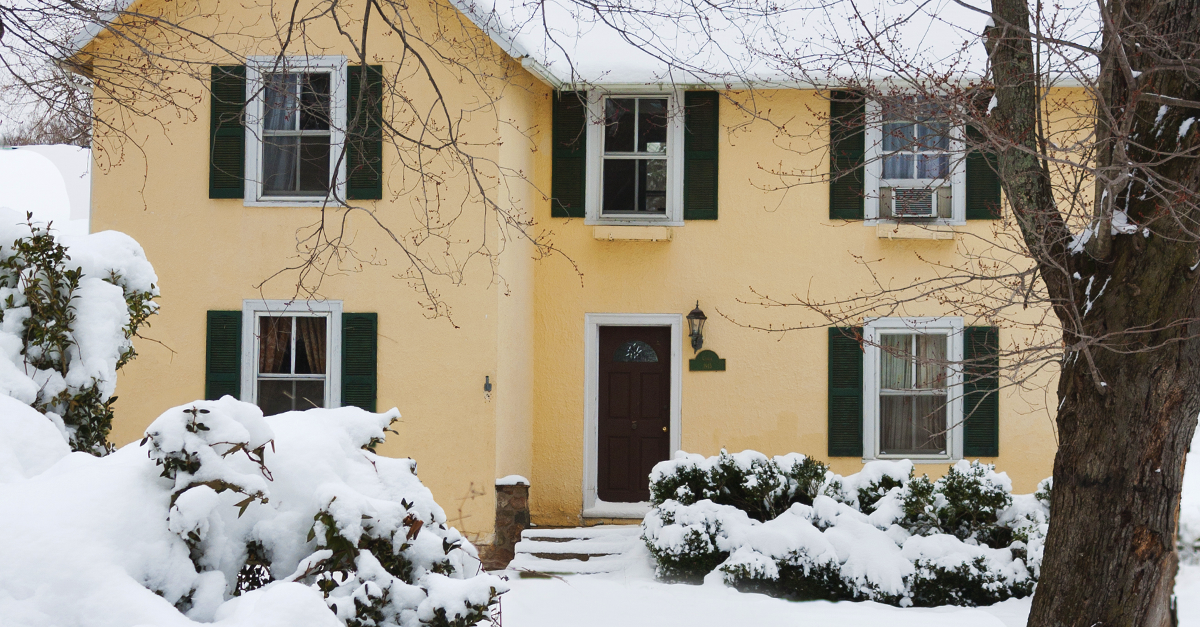What is the status of…?
Although you’ve probably listed the vital information about your home’s integrity in accordance with state law, there’s some information that may be absent from those forms and of general interest to potential buyers. They will likely want to know the quality and age of items such as your roof, appliances, plumbing, windows, central heating and cooling, and garage doors. Research your home’s various parts to know this information for potential home buyers.
Although you’ve probably listed the vital information about your home’s integrity in accordance with state law, there’s some information that may be absent from those forms and of general interest to potential buyers. They will likely want to know the quality and age of items such as your roof, appliances, plumbing, windows, central heating and cooling, and garage doors. Research your home’s various parts to know this information for potential home buyers.
Has your home ever had a pest problem?
Potential buyers may want to know if your home is prone to infestation by rodents, insects, or any other irksome little creatures. You’ve most likely managed any pest problems before putting your home on the market, but it’s important to give an honest account of your pest history if asked.
Potential buyers may want to know if your home is prone to infestation by rodents, insects, or any other irksome little creatures. You’ve most likely managed any pest problems before putting your home on the market, but it’s important to give an honest account of your pest history if asked.
How’s the neighborhood?
This question is intentionally open-ended to let you share any pertinent information about the neighborhood that potential buyers should know. Buyers may be curious about neighbors, schools, restaurants, entertainment, safety, and other general facts. Be sure to highlight the stellar aspects of the neighborhood and shift emphasis away from any negatives.
This question is intentionally open-ended to let you share any pertinent information about the neighborhood that potential buyers should know. Buyers may be curious about neighbors, schools, restaurants, entertainment, safety, and other general facts. Be sure to highlight the stellar aspects of the neighborhood and shift emphasis away from any negatives.
Where is…?
Certain features of your home may be harder for buyers to locate. They may want to inspect items such as the water heater, sprinkler controls, thermostat, pool filter, and circuit breaker. Show potential buyers where these can be found and how they’re maintained.
Certain features of your home may be harder for buyers to locate. They may want to inspect items such as the water heater, sprinkler controls, thermostat, pool filter, and circuit breaker. Show potential buyers where these can be found and how they’re maintained.
Is there anything else I should know about this house?
This is your chance to share all the information you wish you’d had known when you moved in or things that may not have been covered yet. You could share things like when trash day is, the nearest hospitals, the best way to care for your lawn and garden, or which neighborhood dogs are your favorite.
This is your chance to share all the information you wish you’d had known when you moved in or things that may not have been covered yet. You could share things like when trash day is, the nearest hospitals, the best way to care for your lawn and garden, or which neighborhood dogs are your favorite.
Be ready to answer any question a potential home buyer asks. If you don’t know the answer right away, be honest about it and be sure to get back to them promptly.



